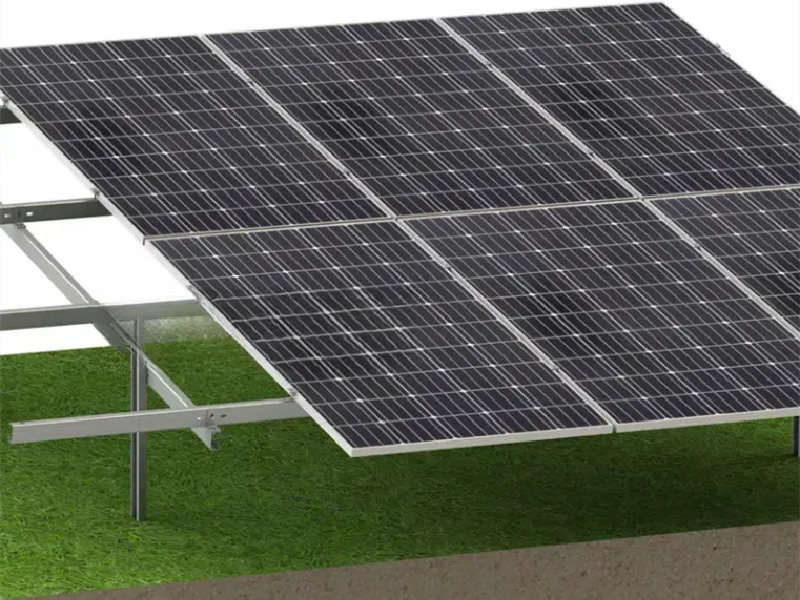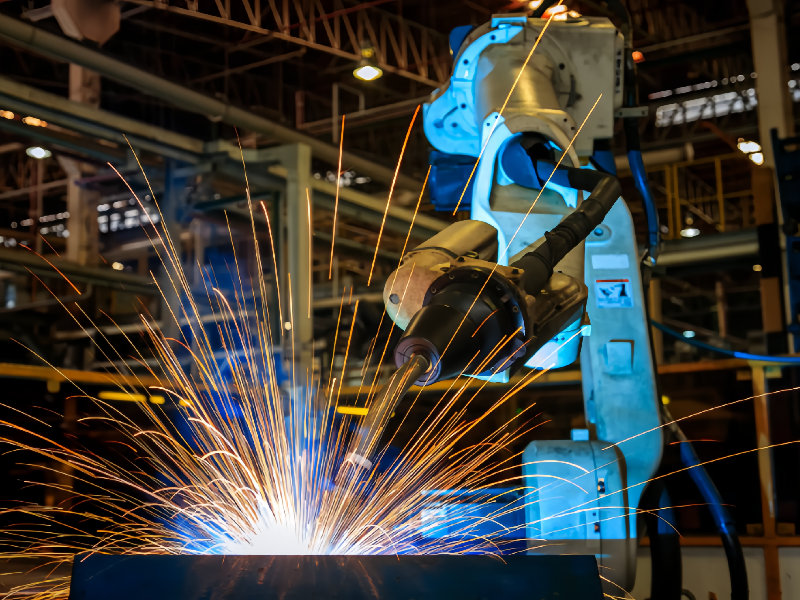As the solar industry booms, we often marvel at the gleaming solar panels but seldom consider the silent metal supports that hold them up. Today, let's delve into how metal fabrication shapes solar mounts and influences the performance of the entire solar system.
Material Selection: The Cornerstone of Solar Mounts
The choice of materials for solar mounts is the first step in metal fabrication. Stainless steel, aluminum alloy, galvanized steel, and more, each material has its unique advantages and applications. Stainless steel is known for its corrosion resistance, making it ideal for coastal and humid environments; aluminum alloy, with its lightweight and excellent thermal conductivity, is the preferred choice for rooftop solar systems; galvanized steel, with its cost-effectiveness and rust resistance, is widely used across various settings.
Fabrication Precision: A Blend of Accuracy and Innovation
Precision in metal fabrication is key to the quality of solar mounts. From cutting to bending to welding, each step requires meticulous control. Imagine if the welding process is flawed, with defects in the welds, not only does it affect aesthetics, but more importantly, it reduces the load-bearing capacity and lifespan of the mount. This is why metal fabrication companies adopt advanced automation equipment and strict quality control processes to ensure each mount is a masterpiece.
Design and Customization: Meeting Diverse Needs
The design of solar mounts often needs to be customized according to specific application scenarios and customer requirements. Metal fabrication companies must have strong design capabilities and flexible production capabilities to meet the needs of different customers. For instance, in desert regions, mounts may need to be designed to withstand sandstorms; while in coastal areas, corrosion resistance is a key consideration.
Quality Control: Ensuring Safety and Efficiency
Quality control is the lifeline of metal fabrication companies. From the inspection of raw materials to the testing of finished products, every step requires strict oversight. By using automated testing equipment, metal fabrication companies can quickly identify welding defects or material inconsistencies, making timely corrections to ensure the safety and stability of solar mounts.
Environmental and Sustainability: The Future Direction
With increasing environmental awareness, metal fabrication companies are also focusing on environmental protection and sustainability when manufacturing solar mounts. They adopt low-energy, low-emission production processes to reduce environmental impact. At the same time, they actively promote the use of renewable and recycled materials to reduce resource consumption and waste production.
Cost-Effectiveness: The Key to Market Competition
Optimization of metal fabrication processes can reduce the production costs of solar mounts, enhancing the product's market competitiveness. By adopting efficient processing methods and automated production lines, metal fabrication companies can reduce material waste and labor costs, thus providing customers with more cost-effective solar mounts.
Metal fabrication is not just the manufacturing process for solar mounts; it's also a guarantee for the performance and environmental performance of the solar system. As technology continues to advance, metal fabrication will continue to push solar mounts towards higher efficiency and greater environmental friendliness. Let's look forward to the greater role solar mounts and metal fabrication will play in the future solar industry.
 |
 |